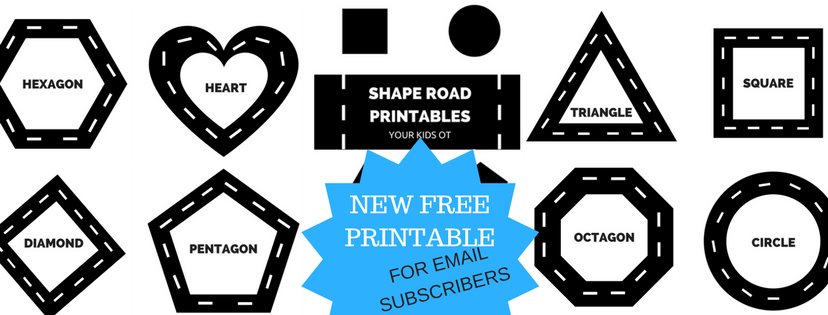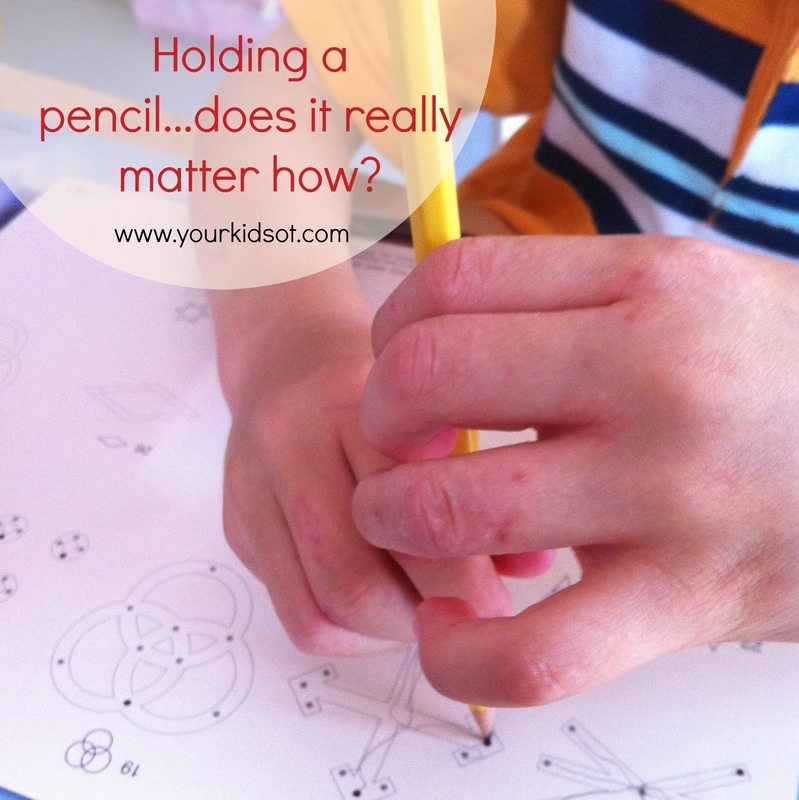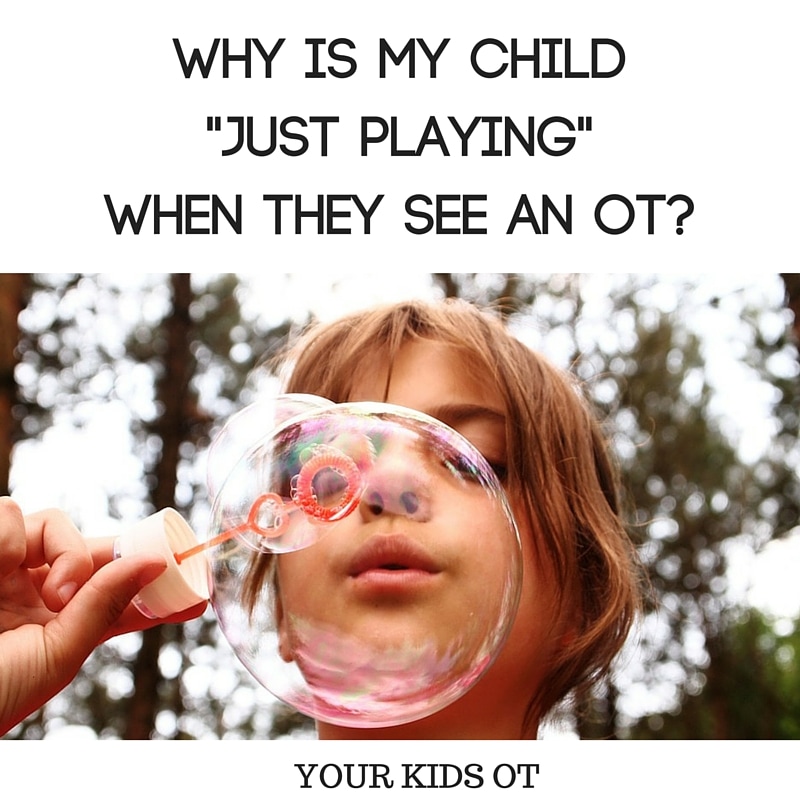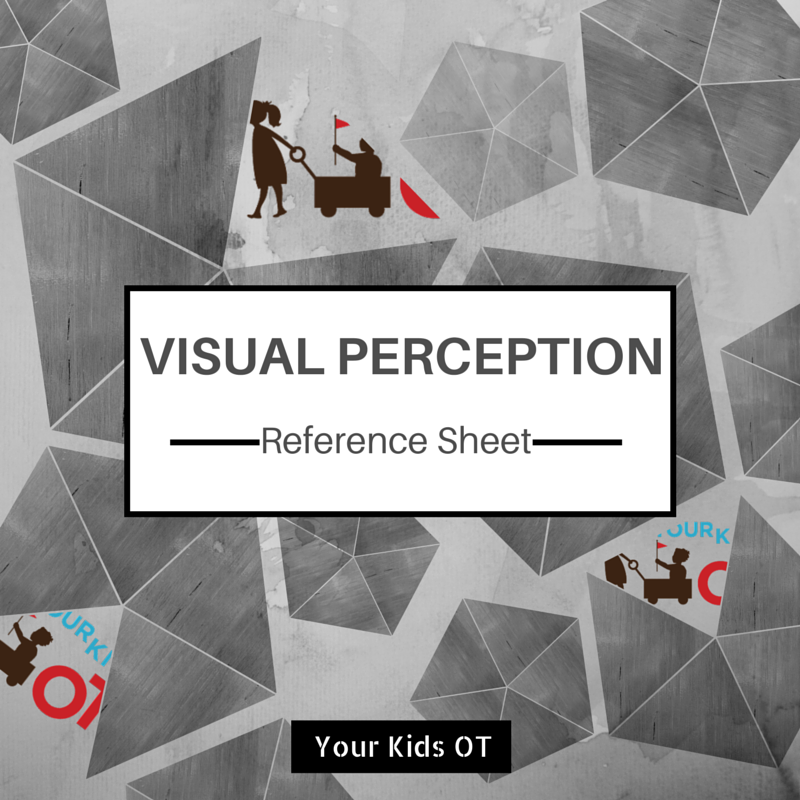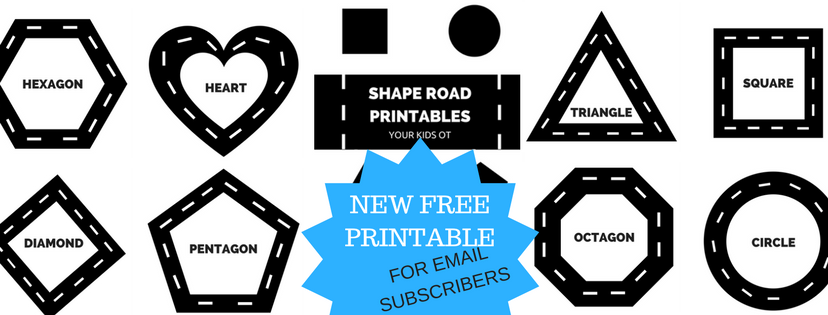|
Affiliate links are used throughout this website to promote products I love and recommend. I receive a commission if any purchases are made through these links. Please see my disclosure policy for more details. Today on the blog, I would like to introduce Tanja from Empowered Parents. Tanja is an early childhood educator. We recently collaborated on an article "Awesome Activity Ideas for Parents of Preschoolers". Make sure you check out the article! Today Tanja shares with us 7 gross motor skills your preschoolers should master! What are gross motor skills and why are they so important for your child to master? As a teacher in the early childhood classroom, movement was one of the most important activities in my daily routine, for good reason. Gross motor refers to the coordination of the arms, legs and other large body parts when moving. It involves skills such as balance, strength, muscle tone, agility, attention span, body stability, postural control, eye-hand and eye-foot coordination, as well as an understanding of position in space. Babies start developing their gross motor control when they learn movements such as lifting their head, turning, holding onto structures and eventually walking. Control develops from the head down and from the body outwards to the limbs. Later, children start developing their fine – or small – muscles, which are needed to be able to hold a pencil or button a shirt. During the toddler and preschool years, building these skills is crucial as children need good motor control to be able to function and learn optimally when they start formal schooling. Here are a few examples of how motor skills are needed for learning and functioning:
Read this interesting article on how children need motor skills to stabilize their page when writing. As parents, it is important to know what the basic skills are that your child should master and how you can go about helping to develop them during the early years. 7 Types of Gross Motor Skills There are two main divisions of motor skills – locomotor and object control. Locomotor refers to movements such as running, jumping and swimming. Object control refers to movements such as throwing, kicking and catching, which involve objects or equipment. Below are 7 kinds of movement skills that your child should master by the time they start formal schooling. They will all be learnt during play. As long as you are providing lots of opportunities at home for your child to engage in different activities, they will learn these skills naturally. Make sure that over and above activities you plan, such as building a balancing beam to walk across, your child has lots of time for independent free play. 1. Walking and Running Children should be able to walk and run forwards, backwards and sideways. By playing games such as running and chasing games, children learn to understand the position of their bodies in space. This means they can move between spaces without knocking into others and they have an awareness of where things are in relation to themselves. They also develop the ability to stop suddenly, turn or change direction. 2. Ball Skills Playing with balls is one of the best activities you can do to develop a child’s eye-hand and eye-foot coordination. Encourage activities such as hitting, bouncing, throwing, catching, kicking and dribbling balls of all types and sizes. Beanbags are a great alternative for developing eye-hand coordination. 3. Balancing Activities Balance involves being able to perform simple actions like balancing on one leg for a few seconds, jumping on one leg or walking along a narrow beam, heel to toe. Play games or set challenges such as timing how long you can balance on one leg or building simple obstacle courses with beams or planks to walk across. 4. Rhythmic Activities Children need to learn to hear rhythm and beat, as well as coordinate their bodies to move with it. Simple activities such as marching to a beat or dancing to a piece of music will encourage rhythmic movement. Young children should have lots of opportunities to move freely to music and sound. As they get older, children should be able to follow a simple dance routine and may enjoy attending a dance class such as ballet. 5. Climbing and Strength Activities In order to develop their muscle and core strength, children can climb up jungle gyms, climbing frames or even better – trees! Other movements such as hanging from monkey bars, wrestling, lifting up, doing somersaults, pulling and pushing during play will also develop their muscle tone and strength. Swimming is an excellent activity for developing strength, agility and coordination. 6. Hopping, Skipping and Jumping Activities such as hopping, skipping and jumping help develop a child’s bilateral coordination. This means they are able to coordinate the two sides of their bodies, such as when alternating feet during skipping. Coordination is one of the most important skills because it will greatly impact a child’s ability to function at school. If the two sides of the body are not coordinated and the child is not able to cross his midline, he will struggle with reading and writing. Here are two examples of difficulties with crossing the midline:
7. Riding Learning to ride a toy motorbike or tricycle is great for developing gross motor skills such as core strength, balance, and bilateral coordination. Older children can be challenged to transition to a bicycle as their balance and coordination improves. There are many more skills and movements that children learn during the early years. These are the basic ones that parents can focus on to ensure their children have good physical development before staring school. All these skills can be learnt through simple, fun play activities. We often feel our preschoolers should be doing more “formal” activities to get them ready for school and are tempted to sit them down to learn to write or read when they are not yet ready. The best start you can give your child is to let them move and play as much as possible in the early years. This will ensure that when the time comes to learn to read and write they will have all the necessary gross and fine motor skills in place, and learning will be easy! Here are some ideas for fun games you can play at home with your children to develop their gross motor control. Please share your favourite movement ideas and games in the comments section with us!
Thanks Tanja for sharing how we can be encouraging gross motor skill development in our children. Do you have some great ideas for encouraging gross motor skills? Join in the fun in my monthly photo challenge on Instagram at Your Kids Therapy Ideas. Tag #therapyideas with your fun gross motor ideas to play along in November (2018)!
Read more articles from Your Kids OT at https://www.yourkidsot.com/blog The information on this site is general in nature. The activities are safe for most children, however, you should consult an Occupational Therapist or health professional to address specific movement, sensory or other medical conditions. You may also like: Comments are closed.
|
AuthorHi, I'm Cindy and I am an Occupational Therapist. I enjoy working creatively with children to see them reach their potential. Read more about me here. SEARCH THIS SITE
Archives
June 2024
Categories
All
Popular Posts |
Join the YKOT e-newsletter!
Subscribe to get our latest content by email and receive
the SHAPE ROADS PRINTABLE NOW!

Success! Now check your email to confirm your subscription and receive your free printable!
Join our Mailing List!
Subscribe to get our latest content by email and receive
the SHAPE ROADS PRINTABLE NOW as a thankyou!

Success! Now check your email to confirm your subscription and receive your free printable!
Disclaimer: The information on this site is general in nature and should be used for educational and entertainment purposes. The activities are safe for most children, however, you should consult an Occupational Therapist or health professional to address specific movement, sensory or other medical conditions. This blog does not replace formal therapeutic professional advice given by a health professional or medical practitioner. Reviews and endorsements of products will only be made based on my expertise and personal opinion; and deemed worthy of such endorsement. The opinions shared in sponsored content will always be my own and not that of the advertising company or brand. Content, advertising space or posts will be clearly identified if paid, affiliated or sponsored. Affiliate links may be found throughout this website in advertising. This means that if you follow through with a purchase from these links, Your Kids OT will receive a percentage of the sale. Your Kids OT undertakes to meet the requirements of the "Social Media Policy" as published by Australian Health Practitioner Regulation Agency (AHPRA). Further information about this policy can be found here.
Find meFollow me |
About me
AuthorHi, I'm Cindy and I am an Occupational Therapist. I enjoy working creatively with children to see them reach their potential. Read more about me here. |
Copyright © 2017 Your Kid OT

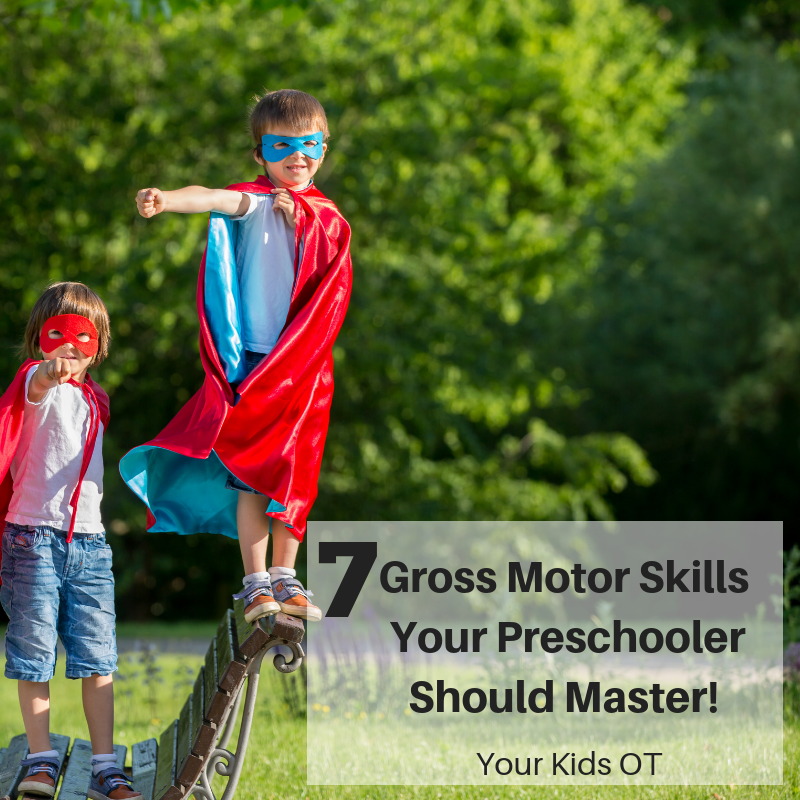
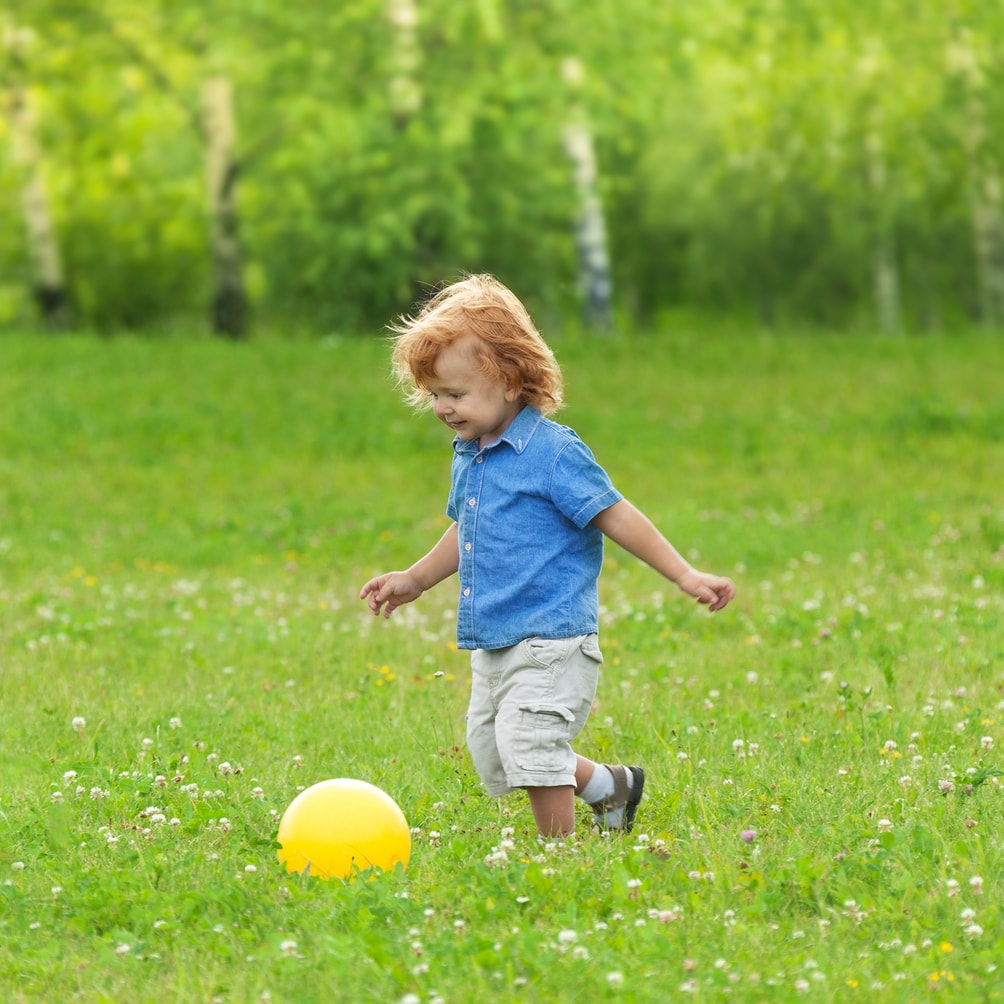
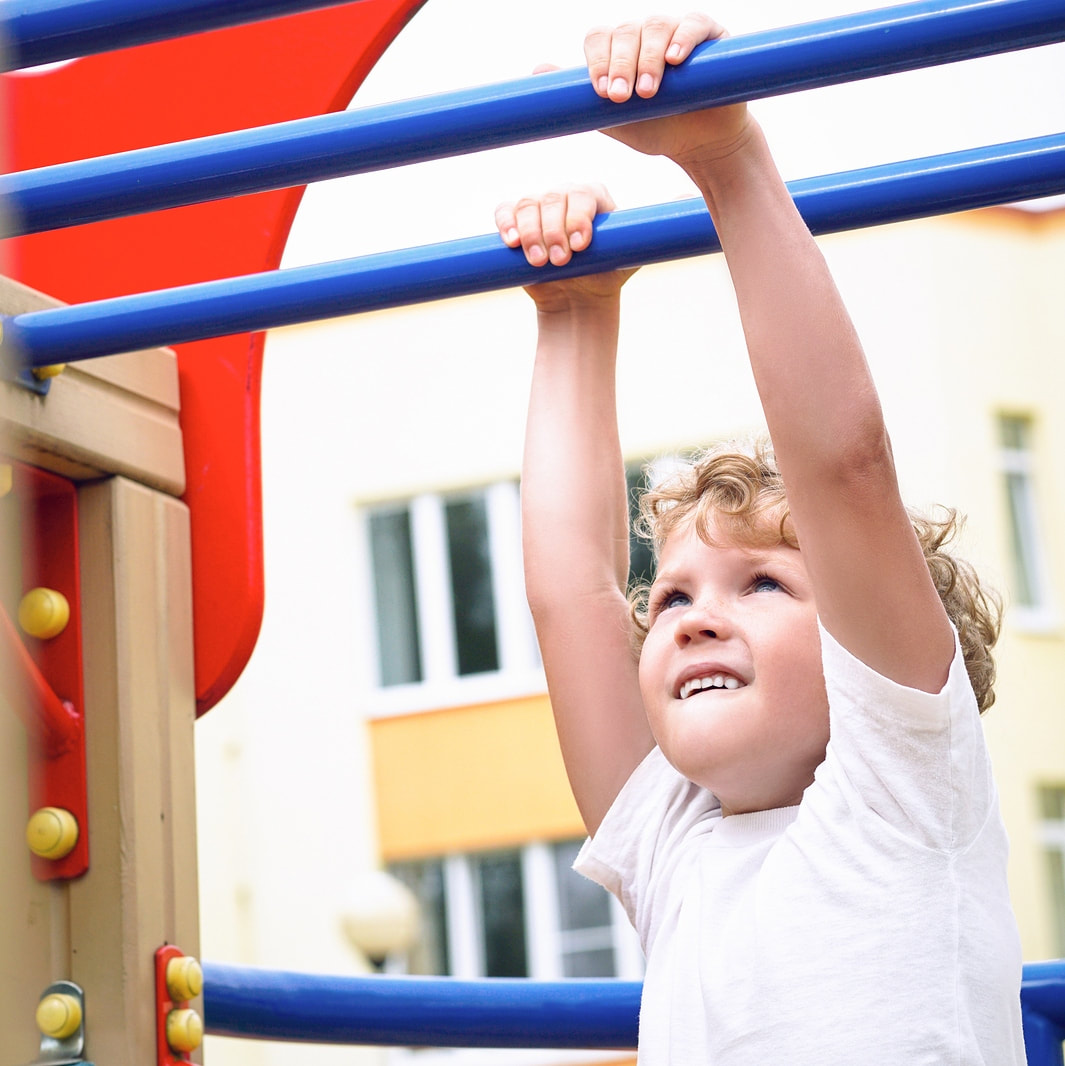

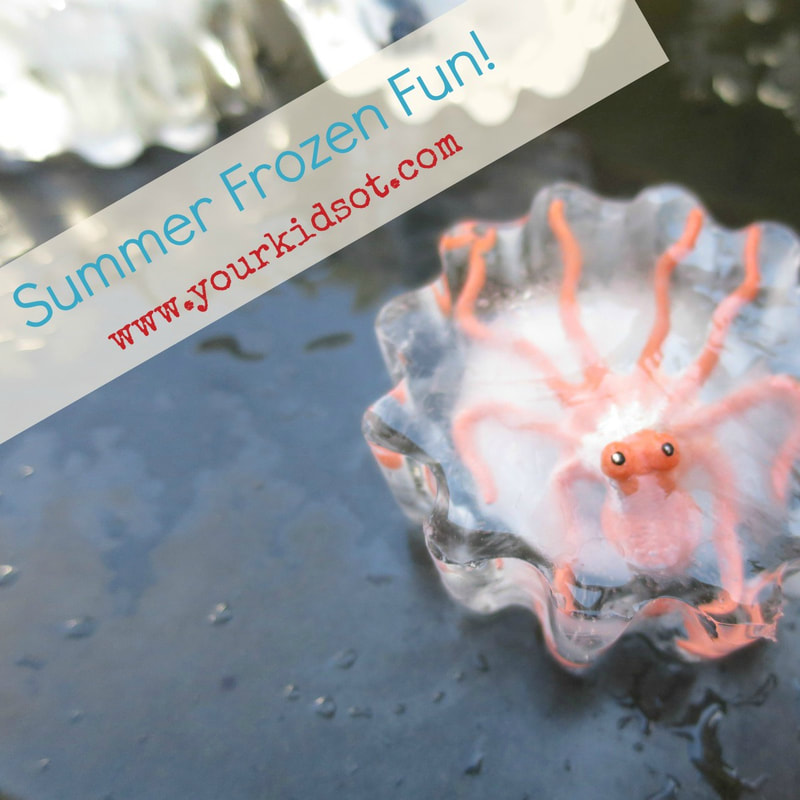
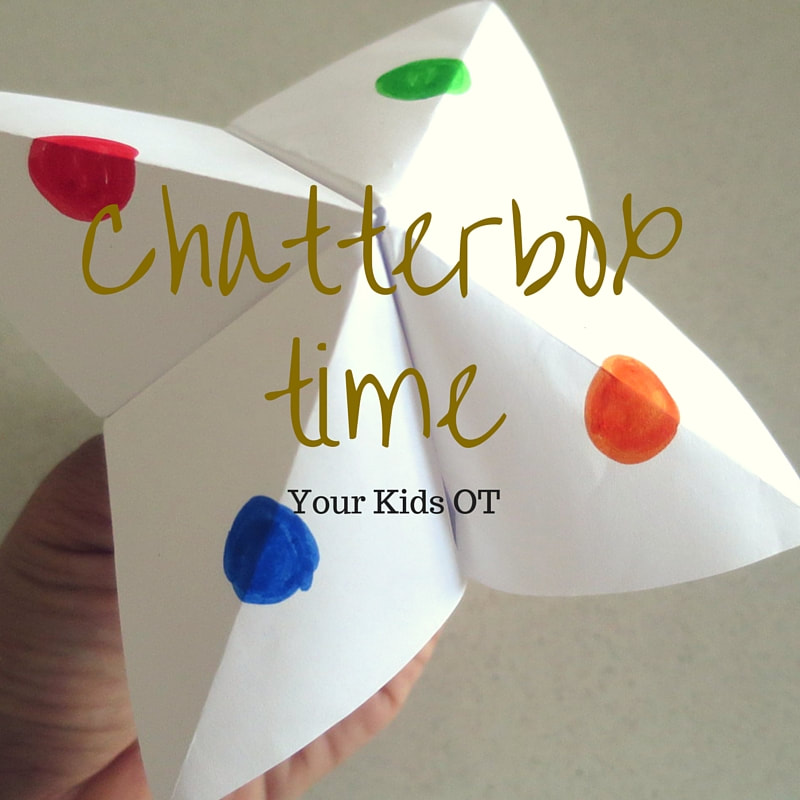
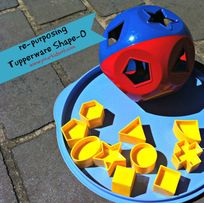
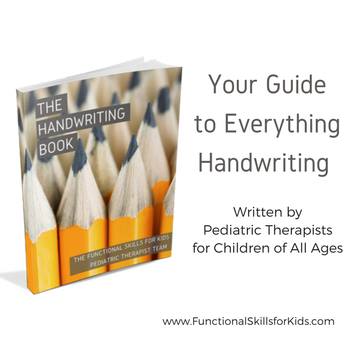
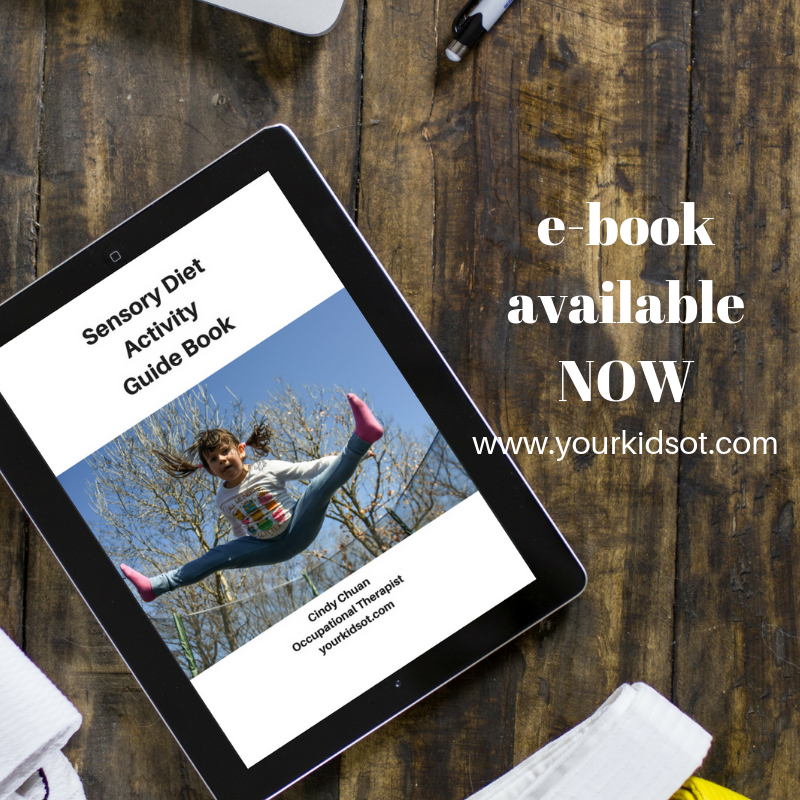
 RSS Feed
RSS Feed
